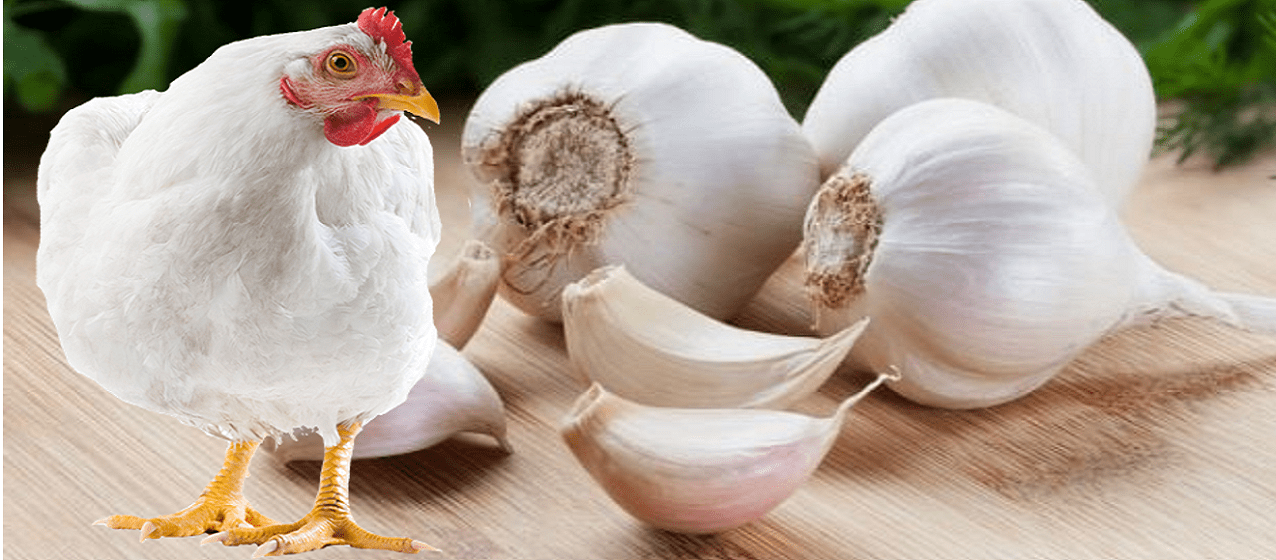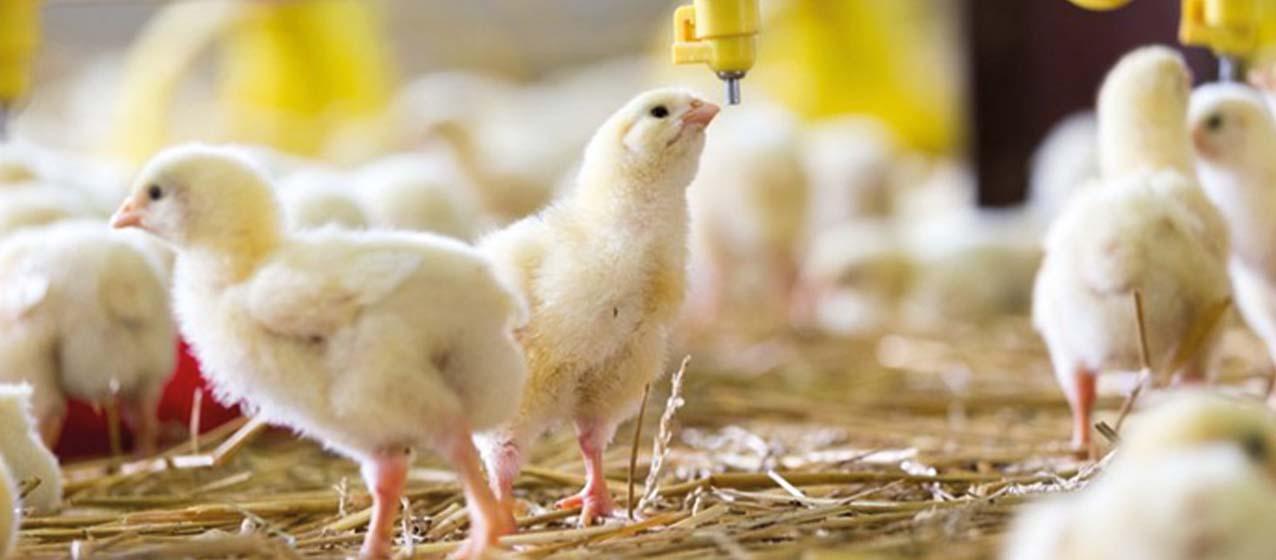
Garlic.. added value in the world of poultry
The father of medicine, the Greek physician Hippocrates
Modern medical studies are currently moving towards regulating food and using medicinal plants. The World Health Organization has paid great attention in its international conferences to medicinal food as one of the modern foundations for avoiding many of the side effects of drugs. Most plants contain a rare medicinal treasure. As a result of the development in the poultry industry, this has necessitated finding means to support the health and protection of chickens, including raising the immune level of chickens to resist various diseases, in addition to the fact that nutrition is the basic and determining factor for the success of poultry projects, as it constitutes more than 75% of the total costs of the production process.
As the relationship between nutrition and immune effects became clear, the importance of studies based on nutritional needs and their role in the body's immune system increased. This was an incentive for researchers to turn to the use of medicinal plants, which have proven to have the ability to improve the productive, immune and physiological characteristics of poultry, including garlic, which is widely spread throughout the world. Fresh garlic contains a good percentage of protein (6.39%), carbohydrates (33.06%) and fiber (3.5%). It also contains a group of vitamins, including ascorbic acid (Vitamin C), thiamine (Vitamin B1), riboflavin (Vitamin B2 ) and vitamin E, in addition to some minerals, including calcium, phosphorus, iron, zinc, manganese and selenium.
The amino acid cysteine and its derivatives and gamma glutamic peptides are among the most important organosulfur compounds found in garlic. Allin is also among the most important organosulfur compounds, which is converted by the enzyme allinase found in garlic cells into allicin, which causes the typical garlic odor.
Allin is an effective antimicrobial substance, and it is responsible for the medical effectiveness and properties of garlic as an antibiotic that inhibits bacterial growth. Garlic cloves contain allin at a rate of 1.4% of their fresh weight, and it is believed that it interferes with metabolic systems, especially fatty substances.
It has been noted that most of the different medicinal plants, including garlic powder, have wide uses to maintain and improve human and animal health. Garlic has several pharmaceutical properties and multiple benefits as it is an inhibitor of the growth of microorganisms, an antioxidant, an antiviral, an antifungal and an antiparasitic, in addition to its herbal medicinal role in preventing and treating many infectious or non-infectious diseases, especially heart diseases. In addition, garlic has a great benefit in activating the immune system in the body, especially cellular immunity. In a study conducted on Ross broilers, which aimed to know the immune response and the inhibitory effect of garlic on some pathological factors of broilers, and the types of bacteria present in frozen poultry meat - and after treating chicks for 5 weeks with garlic powder 0.4 g/kg feed - the results showed an increase in immune antibodies directed against Newcastle and Gumboro diseases, in addition to a decrease in the total bacterial count and cold-loving bacteria in frozen meat during 3 weeks of freezing at -18°C.
While the study examined garlic oil as an antiviral for Newcastle disease virus, garlic oil was incubated with the virus (LaSota strain) for 24 hours and its antiviral effect was determined by conducting hemagglutination tests and reverse transcriptase polymerase chain reaction tests to detect viral surface proteins and viral genetic material, in addition to determining the toxicity of garlic oil to the living organism by injecting it into chicken egg embryos with or without the virus. The results showed that garlic oil plays a role in reducing the effectiveness of the virus by destroying the surface virus receptors, and there was no drug toxicity to the living organism. On the other hand, the embryos that were injected with the virus only showed clear signs of disease that did not appear in the other groups that contained garlic oil, which makes garlic oil a good candidate for being an antiviral and may have a role in treating this disease.
Some researchers have extracted garlic to prepare it for use in field treatments in the poultry sector. In a study conducted using the aqueous extract of garlic on broilers, researchers found an increase in the immune response to influenza AIV, Newcastle disease NDV, and bronchitis IBV, in addition to a decrease in glucose, triglycerides, and cholesterol, and an increase in the concentration of total serum protein.
Many scientists have indicated that adding garlic to the feed improves the growth of broiler chickens. In one study, researchers added fresh minced garlic to the feed in different proportions. As a result, significant differences were observed in daily and total weight gain and in the percentage of purification. Some researchers also found in a study on the reproductive performance of roosters that adding garlic powder to the feed at a level of 6 g/kg led to a significant improvement in all semen characteristics, with regard to semen volume, sperm concentration, sperm volume, and percentages of live and normal sperm

